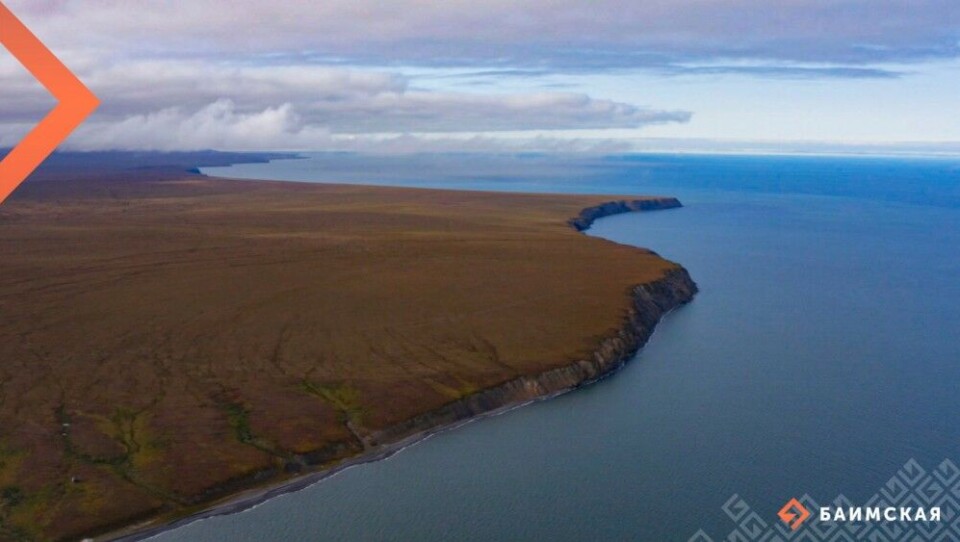
A Kazakh mining chief tells Putin about his huge nuclear-powered copper project in Russian Arctic
The KAZ Minerals will install four small-scale nuclear power stations on the Russian Arctic coast that are to serve one of the world's biggest copper mines, company CEO Oleg Novachuk outlined in a meeting with the Russian president.
The Baimskoye mining project will soon transform large chunks of vulnerable Arctic lands in Russia’s remote region of Chukotka.
The project that is to be launched in 2027 will ultimately include the extraction and subsequent procession of 70 million tons of ore per year. Two processing plants will be built, each with an annual capacity of 35 million tons, and the volume of copper produced is to reach 400,000 tons per year, KAZ Minerals CEO and Board Chairman Oleg Novachuk explained to Vladimir Putin during his visit to the Kremlin this week.
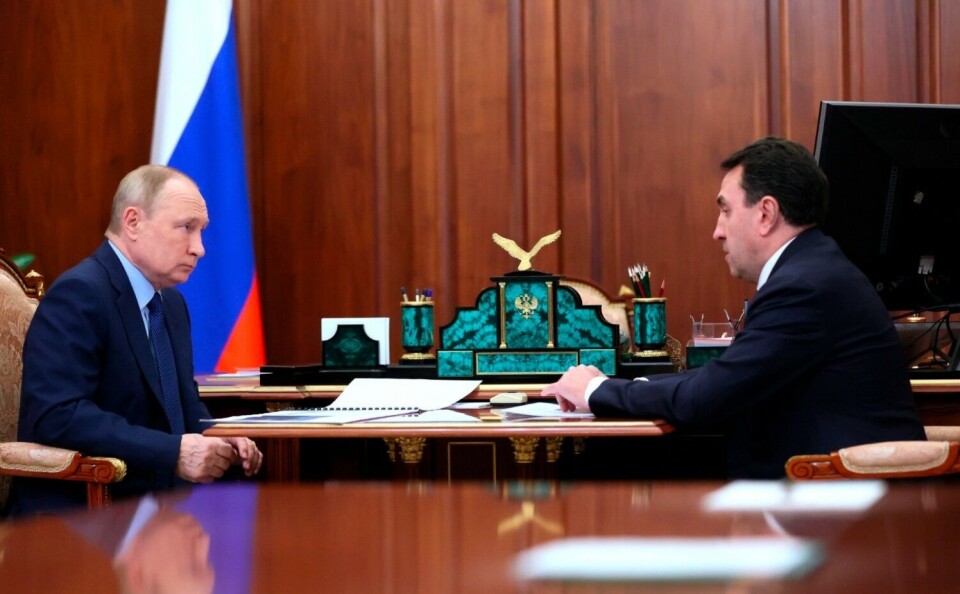
The company will invest $8,5 billions in the project, Novachuk confirmed. In addition come large sums of federal money in new infrastructure.
The Baimskoye will include not only open pits and the two processing plants, but also several hundred kilometres of new roads and power lines, as well as a new seaport on the coast of the Chukotka Sea.
All of it will be powered by four small-scale power stations to be built by Russian nuclear power company Rosatom. According to Novachuk, the installations will be based on four barges, each with a capacity of up to 115 MW. Three of the stations will at any time be in operation, while the fourth will be in reserve.
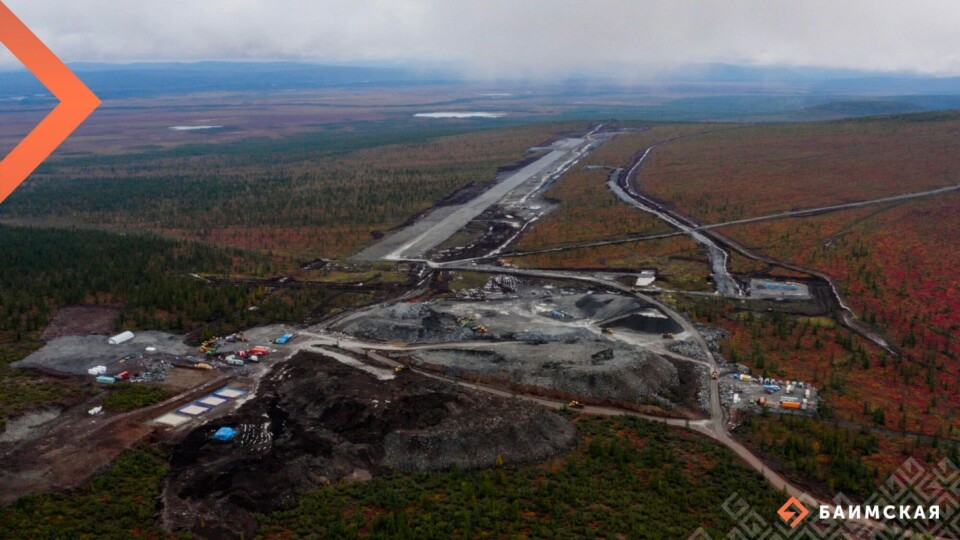
Judging from the meeting, President Putin has himself played an active role in facilitating the deal. In his presentation, Oleg Novachuk thanked Putin for his personal support to the building of the NPPs.
“Thanks to these stations […] we will have a guaranteed stable price on electricity for 40 years,” he underlined.
The small-scale NPPs will not be the first of their kind. From before, the Akademik Lomonosov is providing power to the town of Pevek. And a similar plant is planned for the Kyuchus gold project.
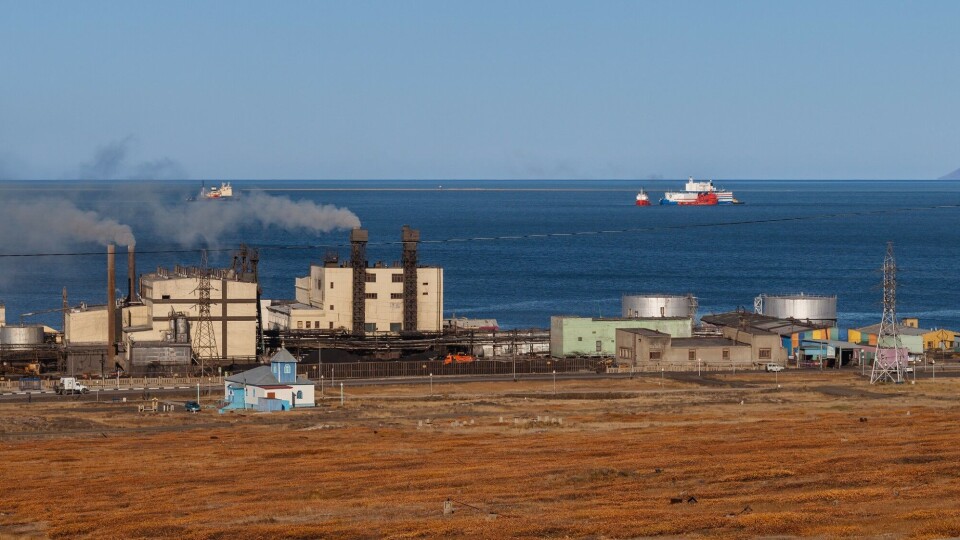
For Putin and his government, the Baimskaya project is first of all another contribution to the development of the Russian Arctic, including the plans for increased shipments on the Northern Sea Route. However, the project comes with a high price both for the local Arctic environment and indigenous peoples in the area.
The projected seaport at Cape Nagleynyn by the Chaunskaya Bay will include large-scale dredging with major impact on local marine ecosystems, and the more than 400 km of roads and power lines will strongly affect reindeer herders in the region.
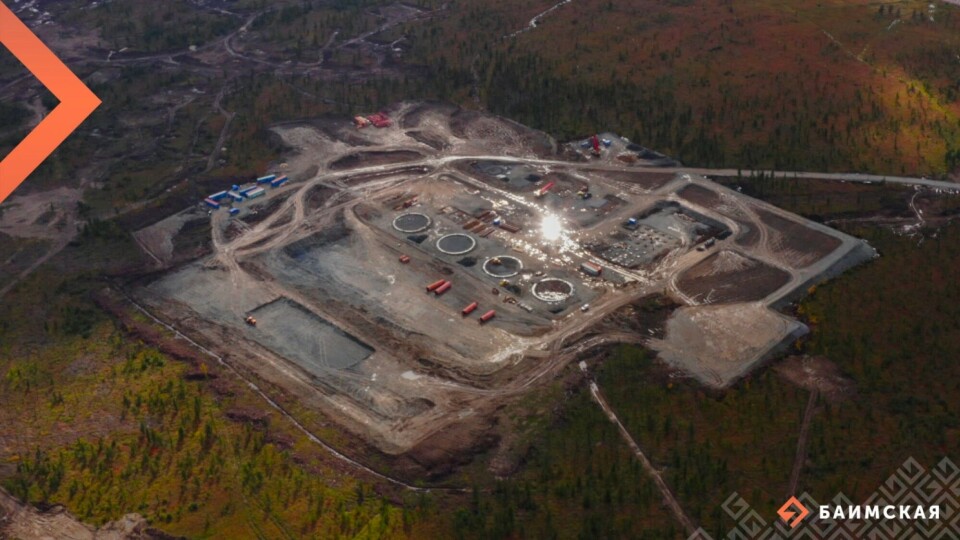
The large industrial plans are now raising the alarm among locals. In an open letter addressed to the UN, locals from the village of Rytkuchi and Ayon express fear that the mining project could ultimately ruin traditional life conditions in the area.
“We, the residents of Rytkuchi village, are worried that our life will change for the worse. We fear that we will not be able to lead a traditional way of life in the future and our villages will become empty and existence will cease,” the letter reads.
About 600 Chukchi live in the villages of Rytkuchi and Ayon. They live mostly from reindeer husbandry and fishing.
The road between the projected seaport and the open pits will cut the tundra in half, separating the villages from each other. And the new seaport will be built right on Cape Nagleynyn, which is called the ‘heart of Chukotka,’ a place were female reindeer for centuries have gone to calve.
“The port will be located in the middle of the Chaunskaya Bay, where residents of all coastal villages fish and where many species of birds nest. How year-round shipping will affect fishing, no one can imagine. Everyone is worried that there will be dredging works and they will drive pylons into the water and this will cause the fish to leave. Everything will be gone on our lands and water. This business will cause irreparable damage to the environment,” says Igor Ranav, a Chukchi businessman and activist, to newspaper Novaya Gazeta.
KAZ Minerals is a British company that has most of its operations in large scale copper mines in Kazakhstan. In 2018, it acquired 75 percent of the Baimskaya from a consortium owned by three individuals, among them Roman Abramovich.

















